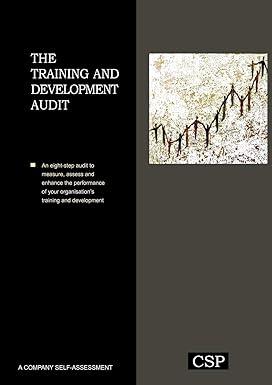Question
Howie Long has just learned he has won a $505,300 prize in the lottery. The lottery has given him two options for receiving the payments.
Howie Long has just learned he has won a $505,300 prize in the lottery. The lottery has given him two options for receiving the payments. (1) If Howie takes all the money today, the state and federal governments will deduct taxes at a rate of 47% immediately. (2) Alternatively, the lottery offers Howie a payout of 20 equal payments of $37,900 with the first payment occurring when Howie turns in the winning ticket. Howie will be taxed on each of these payments at a rate of 25%. (Use the table below.) Compute the present value of the cash flows for lump sum payout. (Round factor values to 5 decimal places, e.g. 1.25124 and final answer to 0 decimal places, e.g. 458,581.) Lump sum payout $ Assuming Howie can earn an 8% rate of return (compounded annually) on any money invested during this period, compute the present value of the cash flows for annuity payout. (Round factor values to 5 decimal places, e.g. 1.25124 and final answer to 0 decimal places, e.g. 458,581.) Present value of annuity payout $ Which pay-out option should he choose?
Step by Step Solution
There are 3 Steps involved in it
Step: 1

Get Instant Access to Expert-Tailored Solutions
See step-by-step solutions with expert insights and AI powered tools for academic success
Step: 2

Step: 3

Ace Your Homework with AI
Get the answers you need in no time with our AI-driven, step-by-step assistance
Get Started


